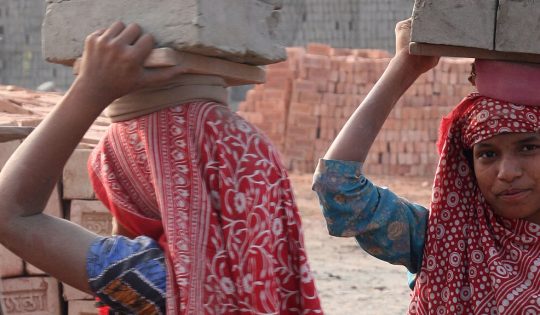Modern slavery and its manifestations (including forced labour, debt bondage, money laundering and human trafficking) are illegal practices in all CDC investment geographies. However, such practices remain present, are often intentionally well hidden, and still present significant social and human rights impacts and risks to many emerging market investors. Proactive and thoughtful due diligence is an important aspect in helping investors understand modern slavery risks evident in supply chains or via intermediated contracts, and which require innovative approaches to resolve. COVID-19 has exacerbated and accelerated modern slavery and other labour practice risks.

